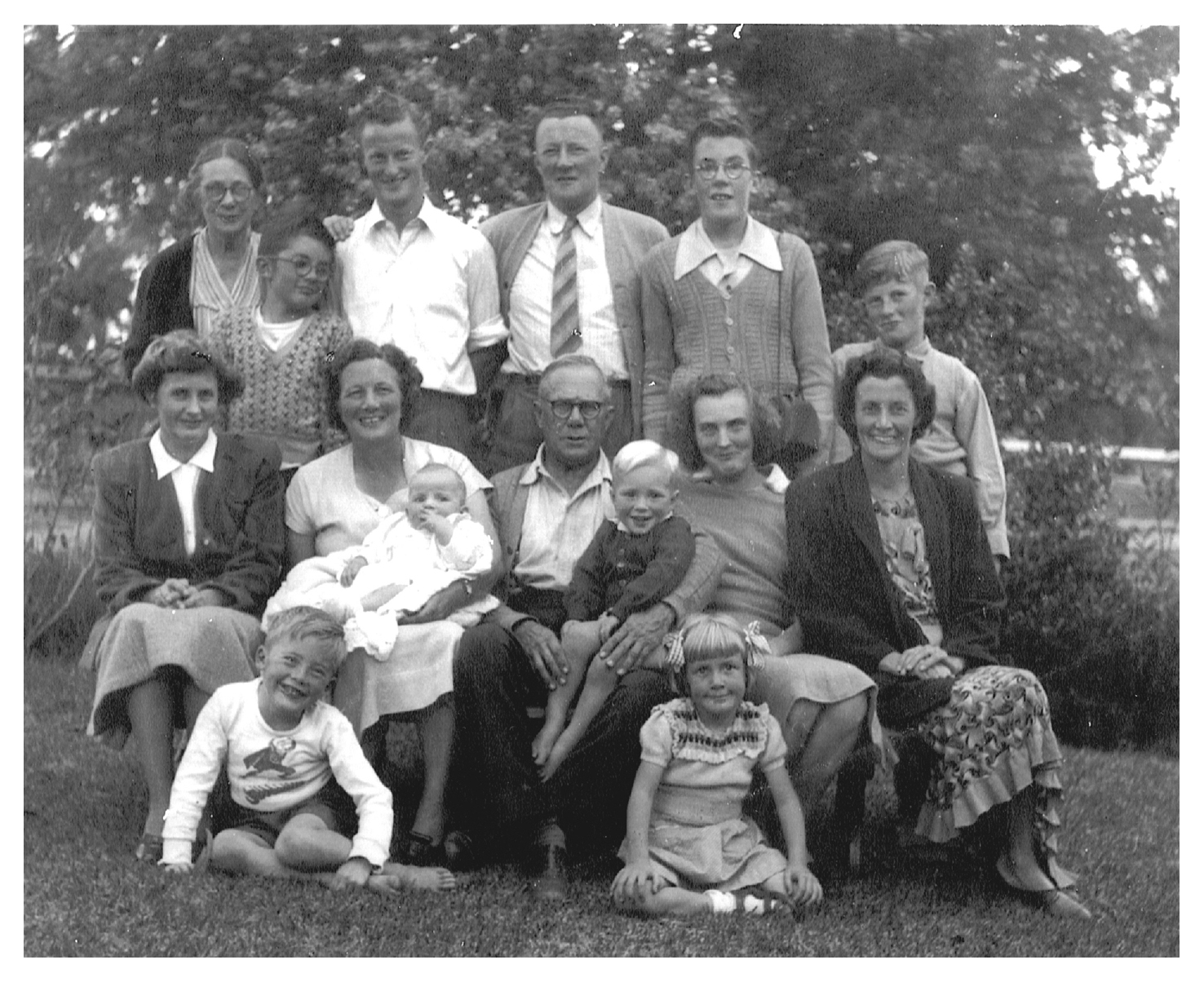
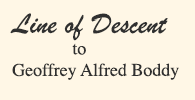
John Boddy
George Boddy
Alfred Boddy
Alfred Charles Boddy
Geoffrey Alfred Boddy
return to the
Boddy Family Tree
Alfred Charles Boddy (1879-1968)
- Birth:
- 24 April, 1879, 154 Lambeth Walk, Lambeth (London)
- Marriage:
- 24 June 1903, Tighes Hill (Newcastle, NSW) to Lily Gordon
- Death:
- 8 October, 1968, Booragul, NSW
- Father:
- Alfred Boddy
- Mother:
- Sarah Blackburn
- Children:
- Allan Gordon Boddy (1904-1904)
- Eric George Boddy (1905-2001)
- Mildred May Boddy (1907-2000)
- Dorothy Mavis Boddy (1911-2005)
- Geoffrey Alfred Boddy (1912-1989)
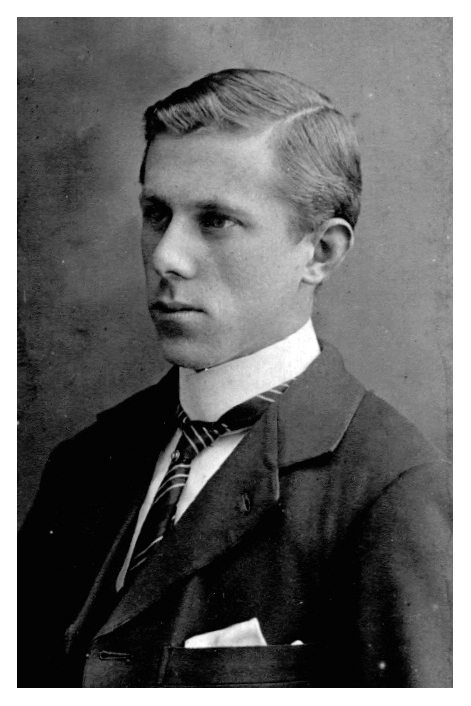
Alfred Charles Boddy
below: Newcastle Harbour as it was in 1890, two years after the arrival of the Boddy family.
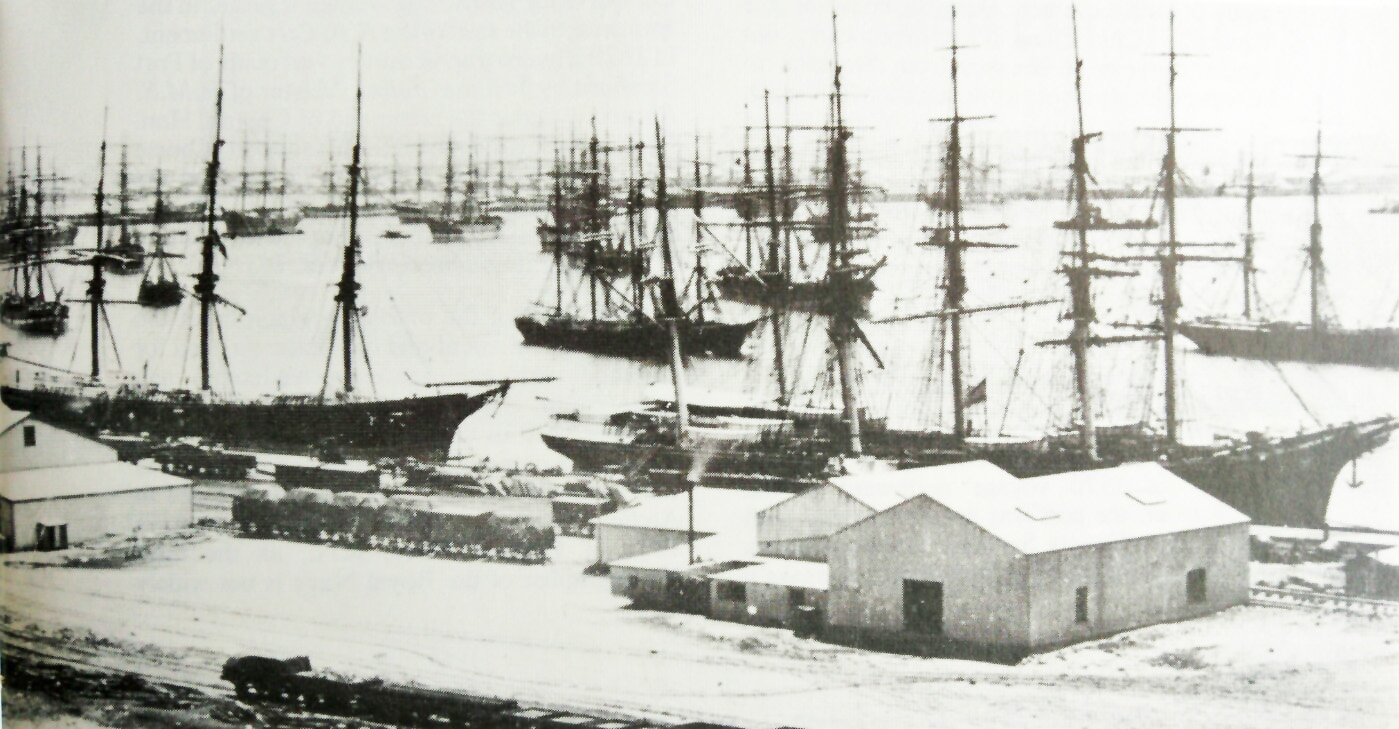
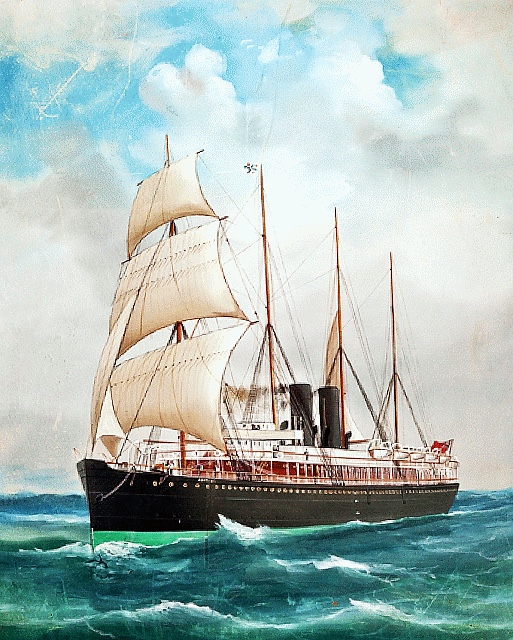
SS Austral
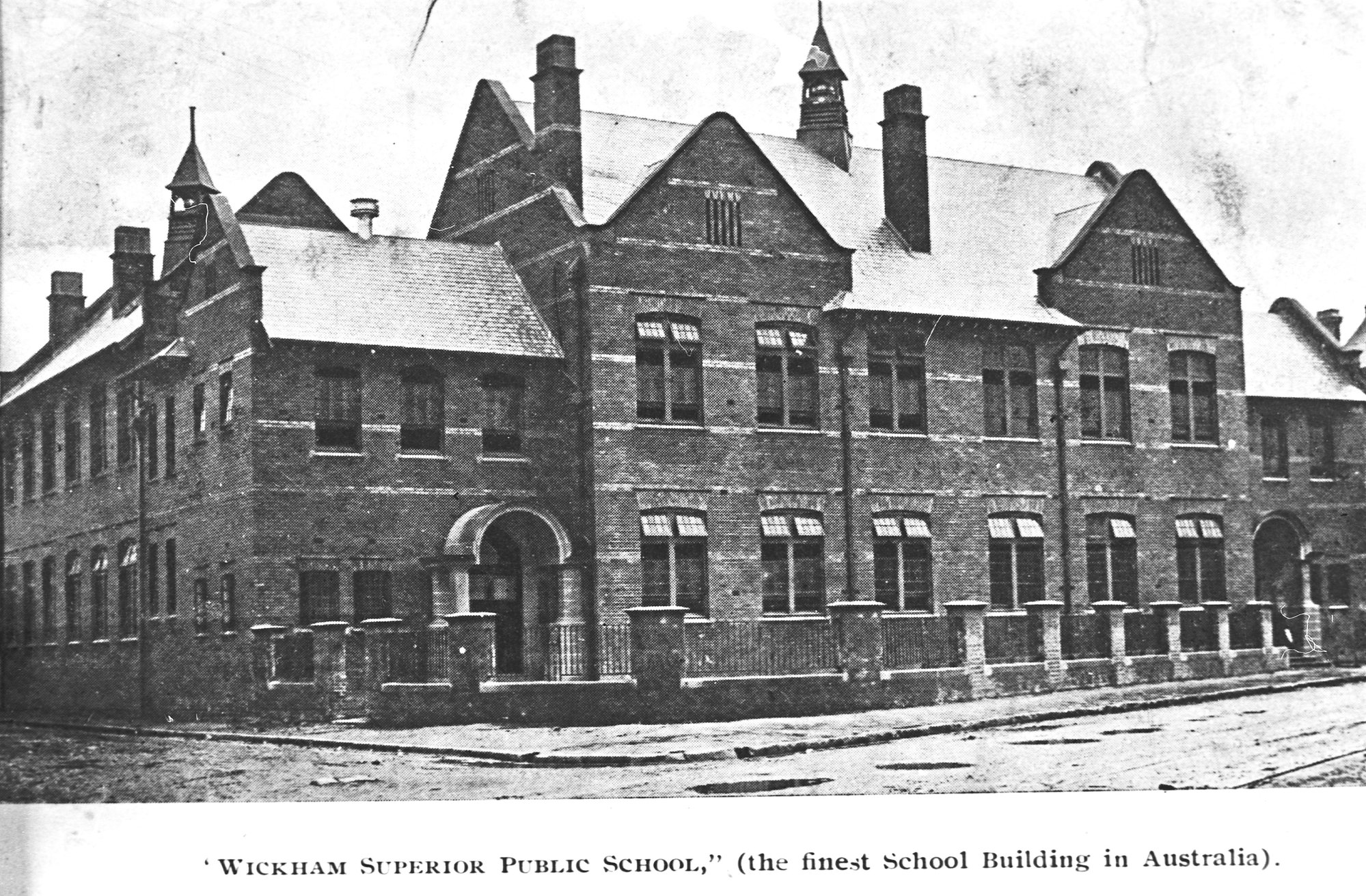
Although the Boddy family struggled as the1890s depression hit, and the family shop was forced to close and his father declared bankruptcy, young Alfred was still able to go to school. His school was the highly regarded Wickham Superior Public School. Apparently it was dubbed a "Superior" school because of the size of its enrolment.
Alfred was still a pupil at Wickham in 1892, with his name listed in the Newcastle Morning Herald and Miners' Advocate, passing school exams when he would have been 13 years old.
Before that, Alfred became active in the Baptist Church, focusing on attendance firstly at the Laman street church, and then the Islington Baptist church. Presumably, it was through church membership he met his future wife, Lily May Gordon - both of these young people were involved with the Baptist Tabernacle Sunday School, where Alfred was the Treasurer and Lily a teacher.
The Tabernacle Minister, Rev. Seth Jones conducted their wedding ceremony in June 1903 , at the Tighes Hill home of Lily's stepfather, Edward Reavley.
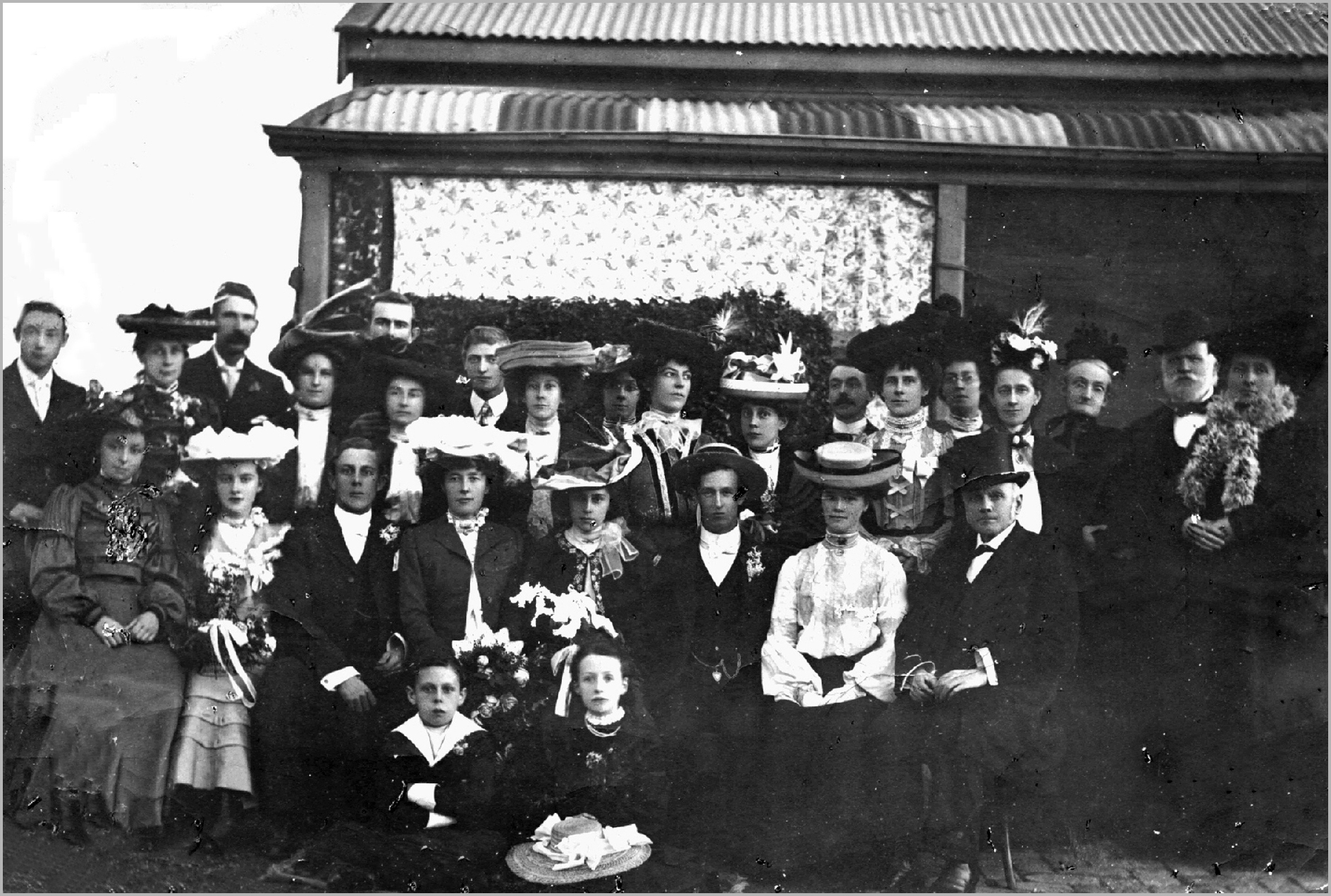
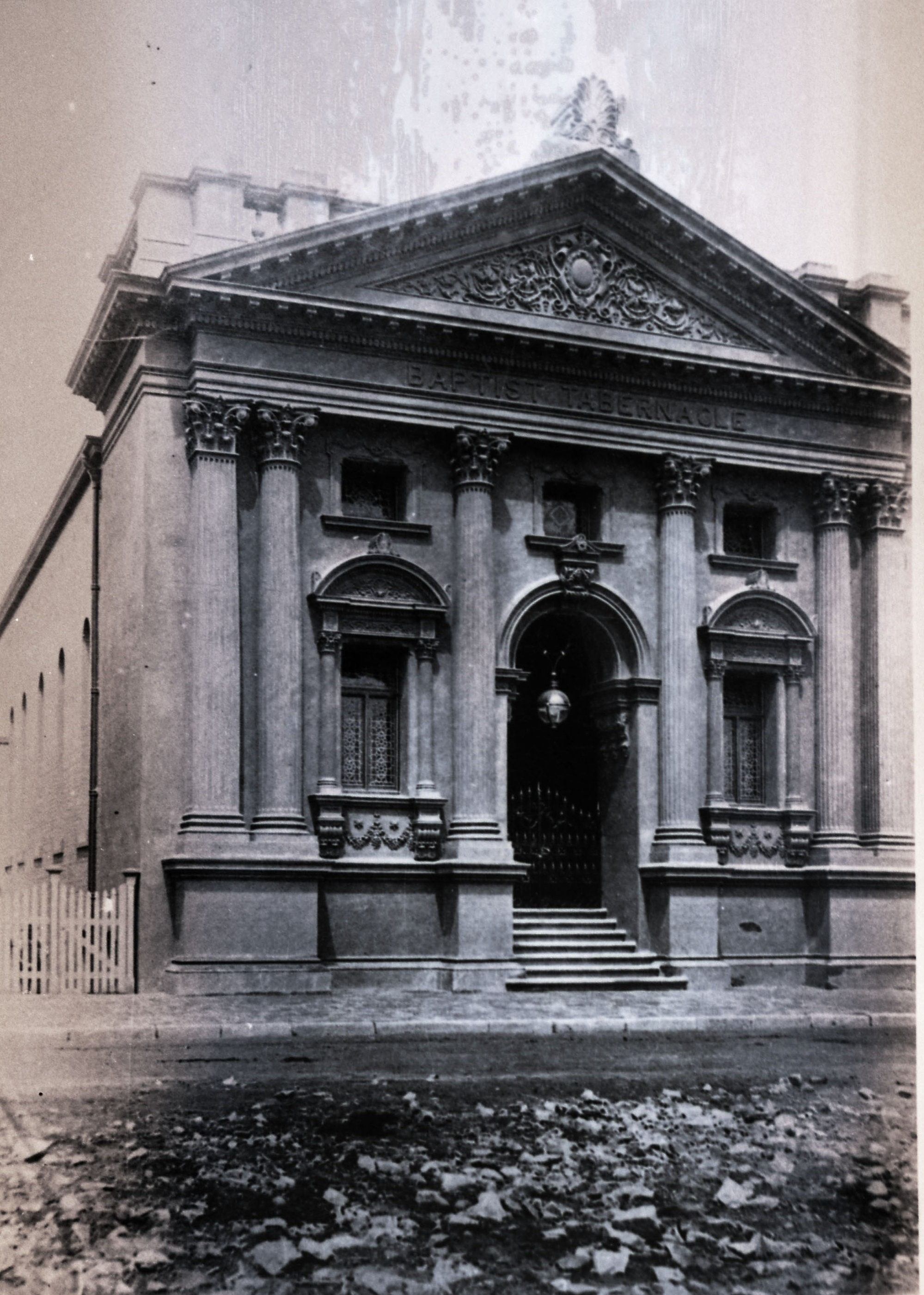
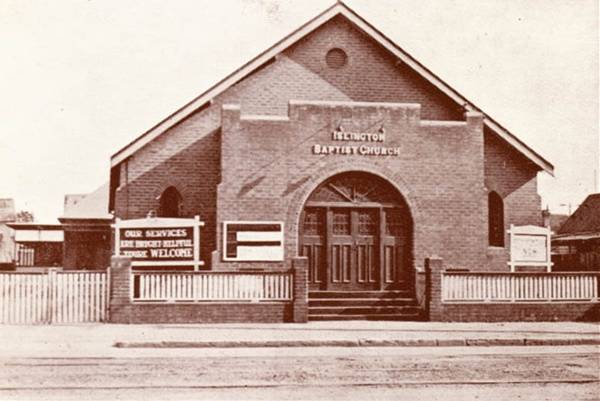
above: Islington Baptist church in 1936 (Newcastle Herald photograph)
left: Tabernacle, in Laman street, Newcastle
To start their family life, Alfred, with the help of his
brother-in-law Joe Taylor (husband of Lily's older sister Ada), built
a house in Thomas street, Mayfield.
Coincidentally, nearly a century later, it was this very same house that Alfred's great-granddaughter Jenny was called on to house-sit for friends while they were on holiday. The friends were renovating the timber cottage when they found the original deeds for the house, and noted the name of the first owner - the same family name as their friend Jenny.
left: 21 Thomas Street Mayfield (in 2018).
The stay in the convict built house didn't last too long.... Alfred's work as a grocer with promotions in the Stockton Co-operative Society led the family to shift house a number of times, and the birth of his second daughter, Dorothy May, in 1911, came when the young Boddys were living in Mitchell Street, Stockton across the harbour from the Newcastle CBD.
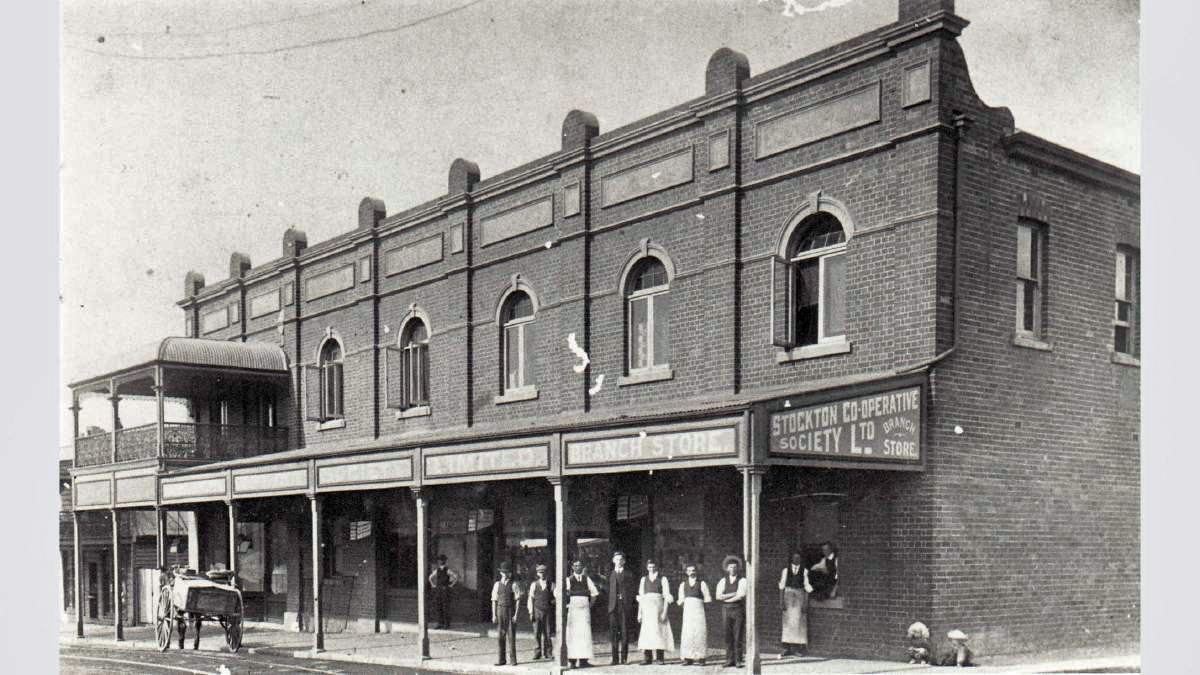 above:
The Stockton Co-operative Society store as it was in 1915, just a few
years after Alfred worked there.
above:
The Stockton Co-operative Society store as it was in 1915, just a few
years after Alfred worked there. - In the park near our home was a place for babies to sit. It was a peculiar four-square box at a height. A parent would put the baby in, one who could sit up, then fasten in the baby so that it could not fall. Then the baby would be pushed around, quite safely.
- Someone, probably grandfather, brought a magic lantern and showed us pictures in an upstairs room which was probably an attic.
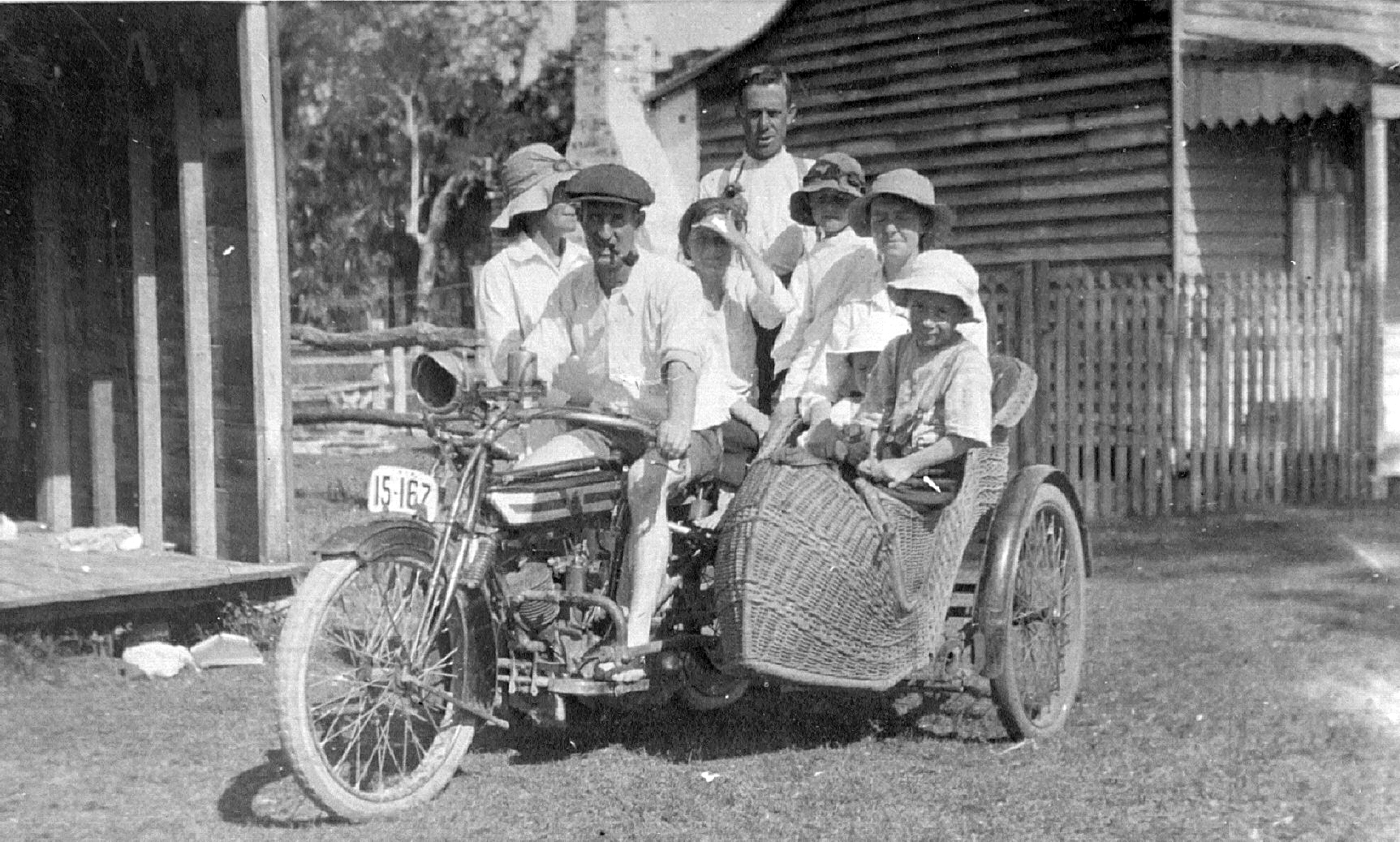
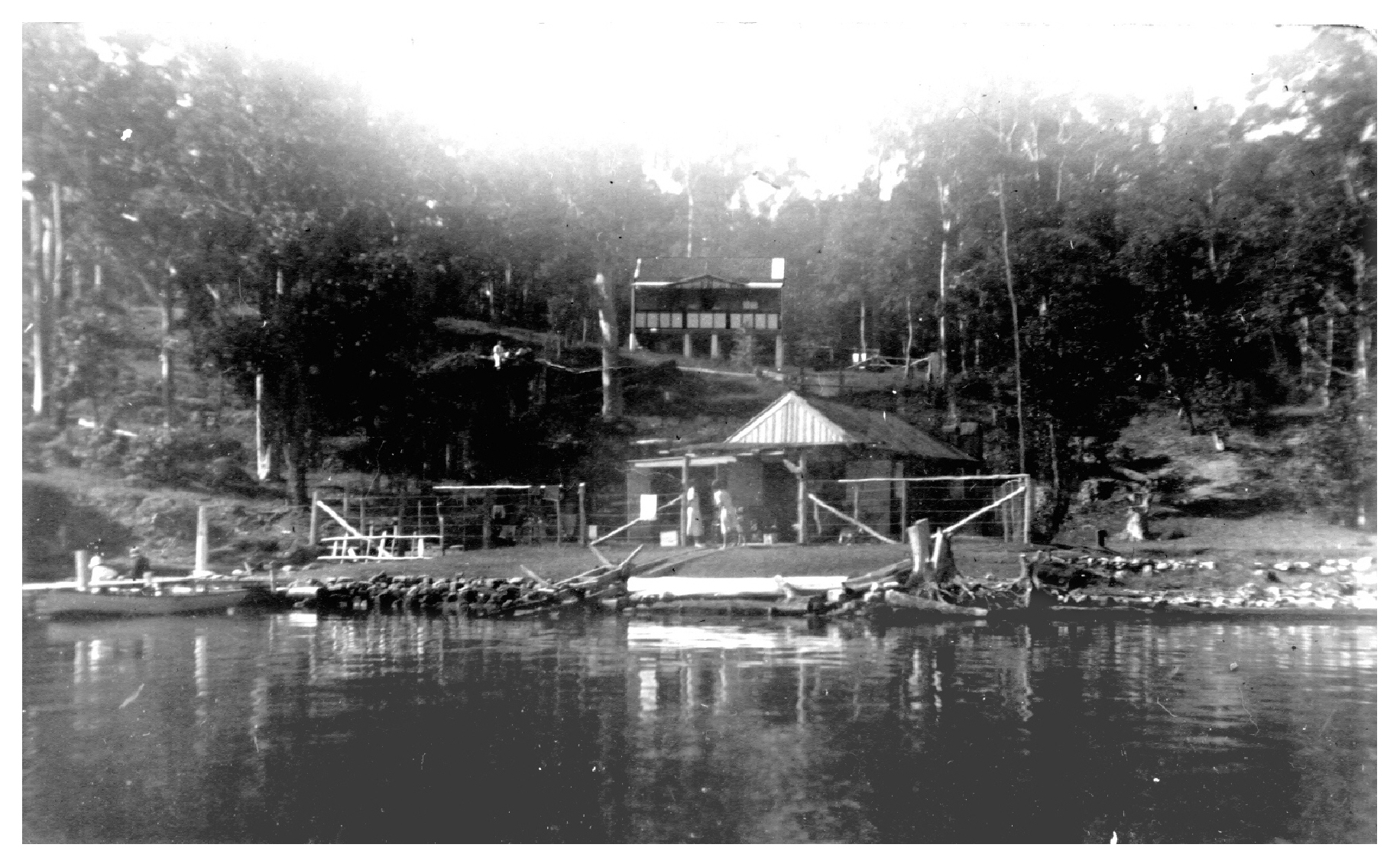
Alfred's sons, Geoffrey (left) and Eric, behind the counter of the Lindsay street store at Christmas time, 1926.
Alfred's younger daughter, Dorothy described their Lindsay street home this way: "Three bedrooms and bathroom and a large lounge room were upstairs, a dining room, the kitchen (up 2 steps) and laundry were downstairs behind the shop."
Around 1920, Alfred bought a T-Model Ford. His eldest son Eric later told his own family about the acquisition:
Presumably, the Model T Ford was the car used on various family trips undertaken from Newcastle to the northern tablelands, the North Coast and Sydney. Alfred sometimes kept records of distances travelled, and food and fuel (which he called "benzine") bought. .These were the entries for one such family trip at Christmas in 1925 from Newcastle to Armidale, through the mountains down to the coast to Kempsey, then onto Port Macquaire, Taree and back home via Gloucester:
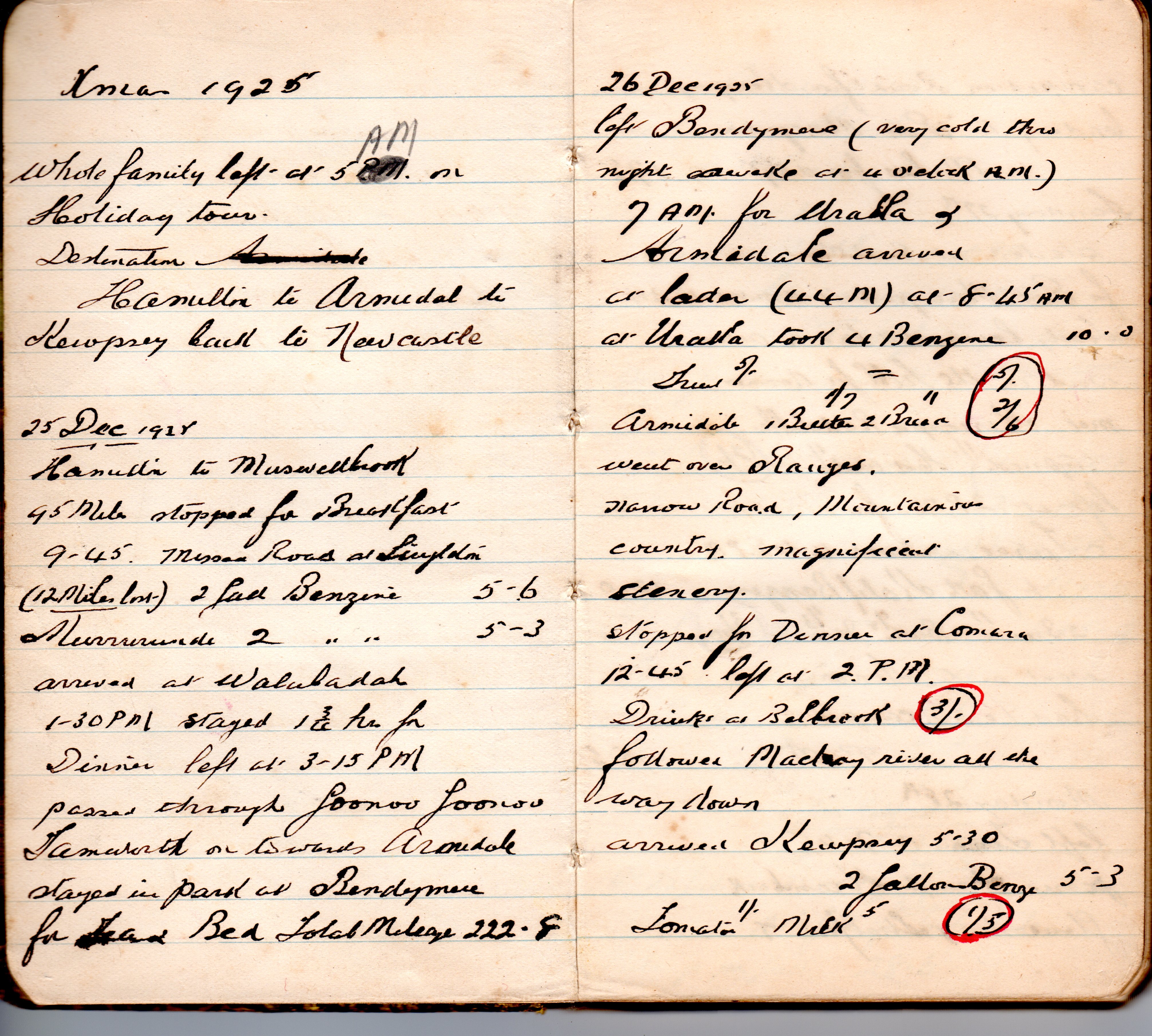
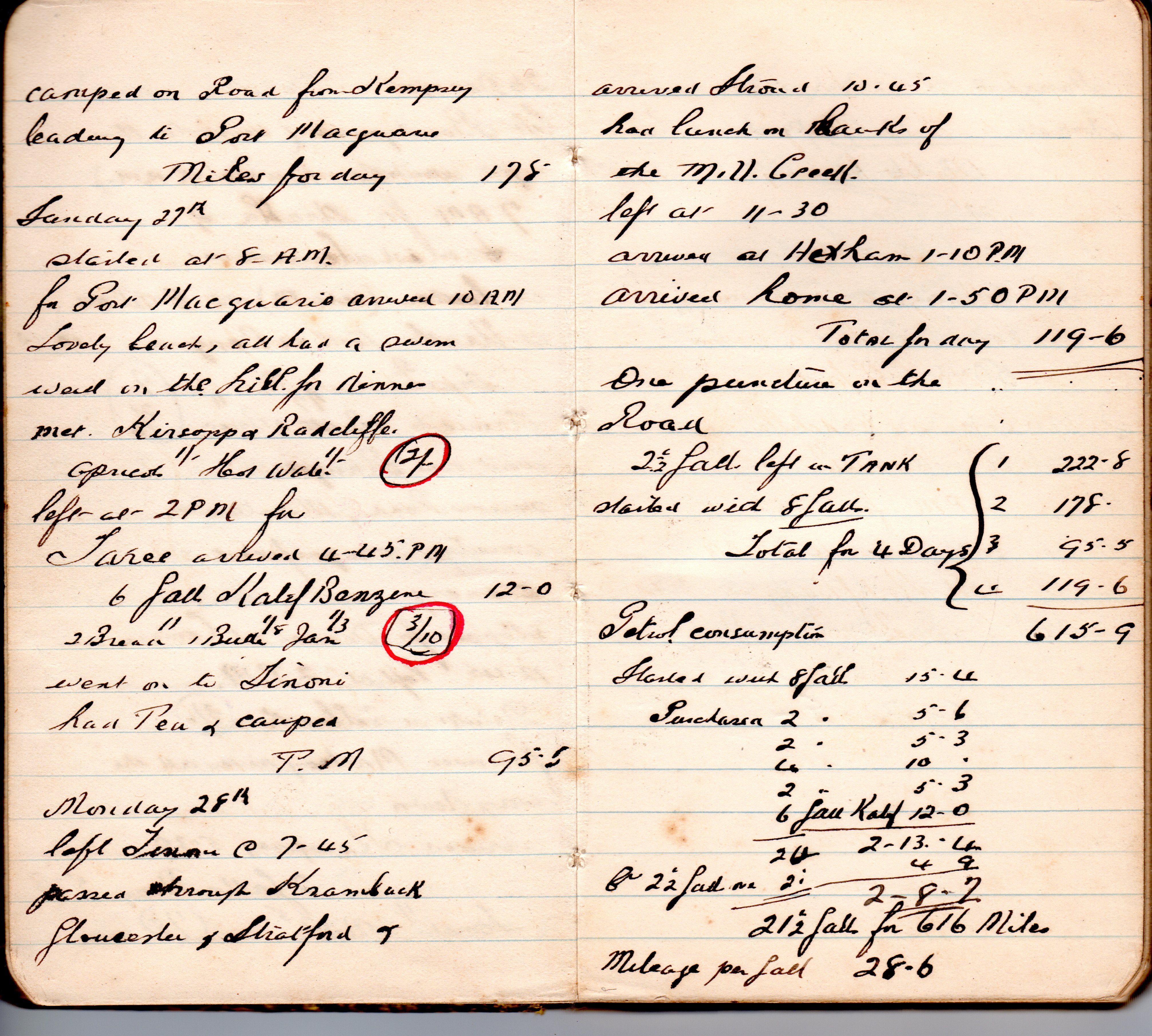

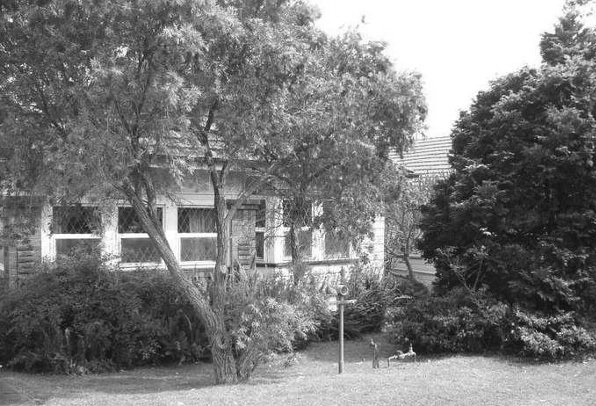
right: Alfred's first born grandson, Geoffrey Neil in a box cart made for him for his grandfather
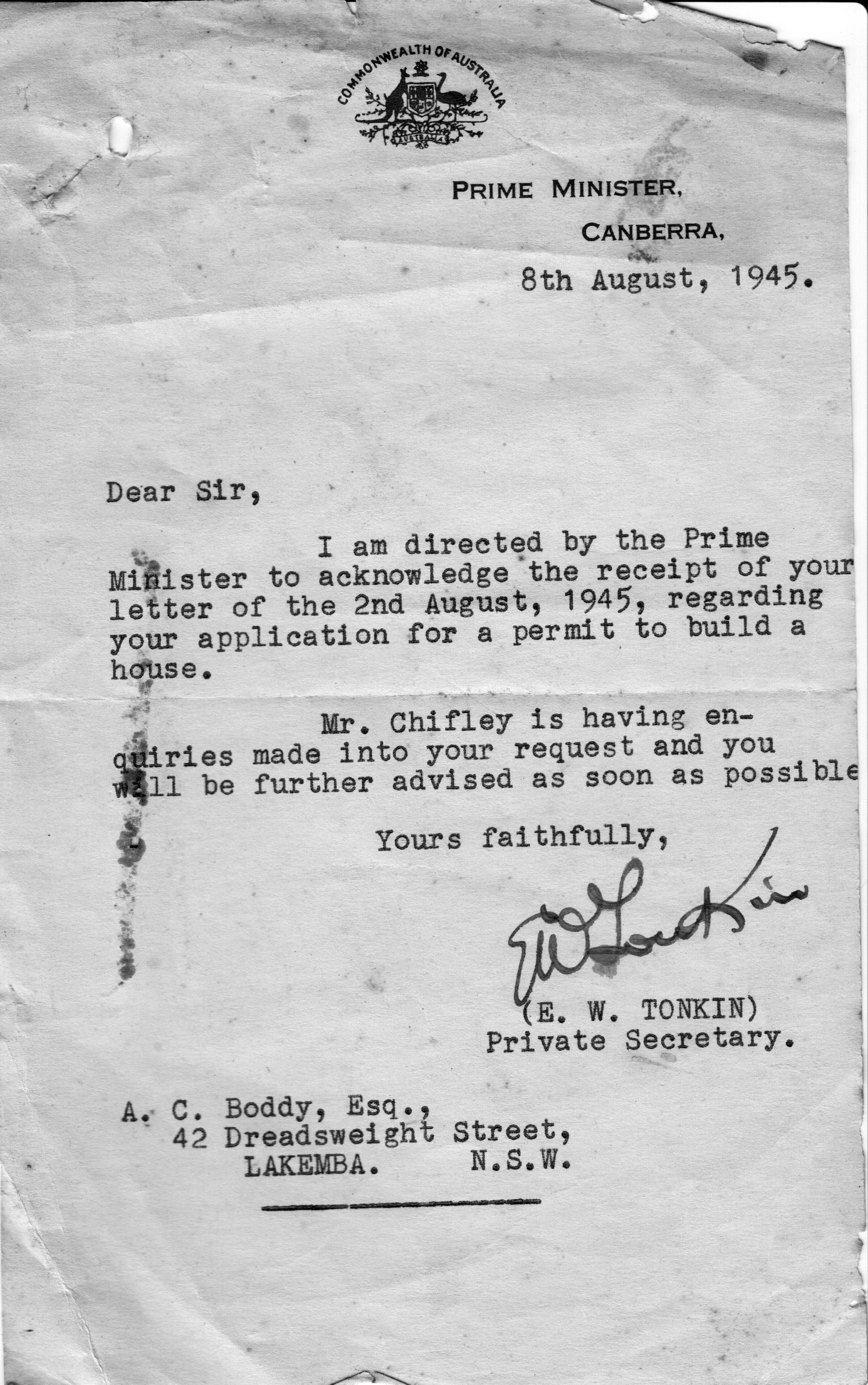
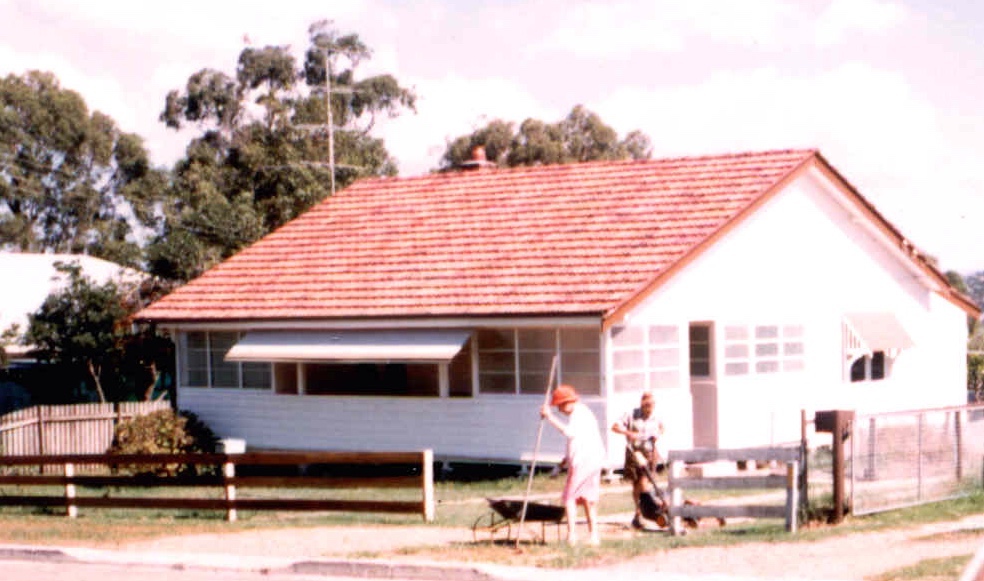 Eventually
the house project went ahead (right), but the couple didn't get
to enjoy the fruits of Alfred's persistence. In 1946, Lily died, of
cancer.
Eventually
the house project went ahead (right), but the couple didn't get
to enjoy the fruits of Alfred's persistence. In 1946, Lily died, of
cancer. The end of the war brought other changes... The marriage of his youngest son Geoff failed, and in June, 1947, Geoff married again.. He brought his new bride, Helen Davidson, from her home near Glen Innes, to the weatherboard cottage, and Alfred lived there with Geoff and Helen and their family of two young sons.
Death hadn't finished with Alfred and his family - in 1953, daughter-in-law Helen died, followed within two years, by Allan, his five year old grandson. So the household of grandfather Alfred, son Geoff and surviving grandson David James, became an all-male household, with Alfred doing much of the day-to-day domestic matters and child caring, while Geoff went off to work on the railways.
- back row, from left:
- Ethel Boddy, Geoff Boddy (son of Eric), Eric Boddy, Leslie Sheldon, Kenneth Boddy,
- in front of Ethel:
- Raymond Sheldon
- seated:
- Anne Boddy (wife of Eric), Mildred
Davey (with Frank Davey), Alfred Charles Boddy (with David Boddy),
Helen Boddy, Dorothy Sheldon - in front:
- David Sheldon, Barbara Davey
(My wife) Mary has asked me to write my memories of Granddad many times but is probably good that I have resisted. It's only now that I have approached a similar age to the age he was when I knew him, that I have a much greater appreciation for what did and what he was.
Granddad was a people person. He loved meeting people (who seemed like strangers to me) and telling them all about himself (and me) and learning about them. He was proud of how well he carried his age. He was always keen to share his knowledge of his early days in Newcastle, his work, his schooling. As a kid, for me, it went in one ear and out the other. I so wish I had taken more notice of the stories he told. I will try and recall some, but later.
I should first set the scene of life with Granddad at Fennell Bay. In early childhood I lost my mother to polio and not long after my younger brother to leukemia. Thus Granddad, who had lost his wife Lily, was living with Dad and me at 15 Elizabeth Street Fennell Bay. So Grandad was in his 70s when I first remember him and as I grew to be a teenager, he was aging into his 80s.
Fennell Bay didn't have that many houses back in 1952. You could walk across the paddock to the post office or to where the Aunties lived in Lake Road. (The Aunties were Granddad's unmarried sisters, Ethel and May Boddy, who were retired photographers). In fact, Dad, or maybe it was Grandad, owned the land thru to Lake Road where the Aunties lived. Fennell Bay grew with new roads and many Housing Commission houses being built, and our land was sub-divided and sold.
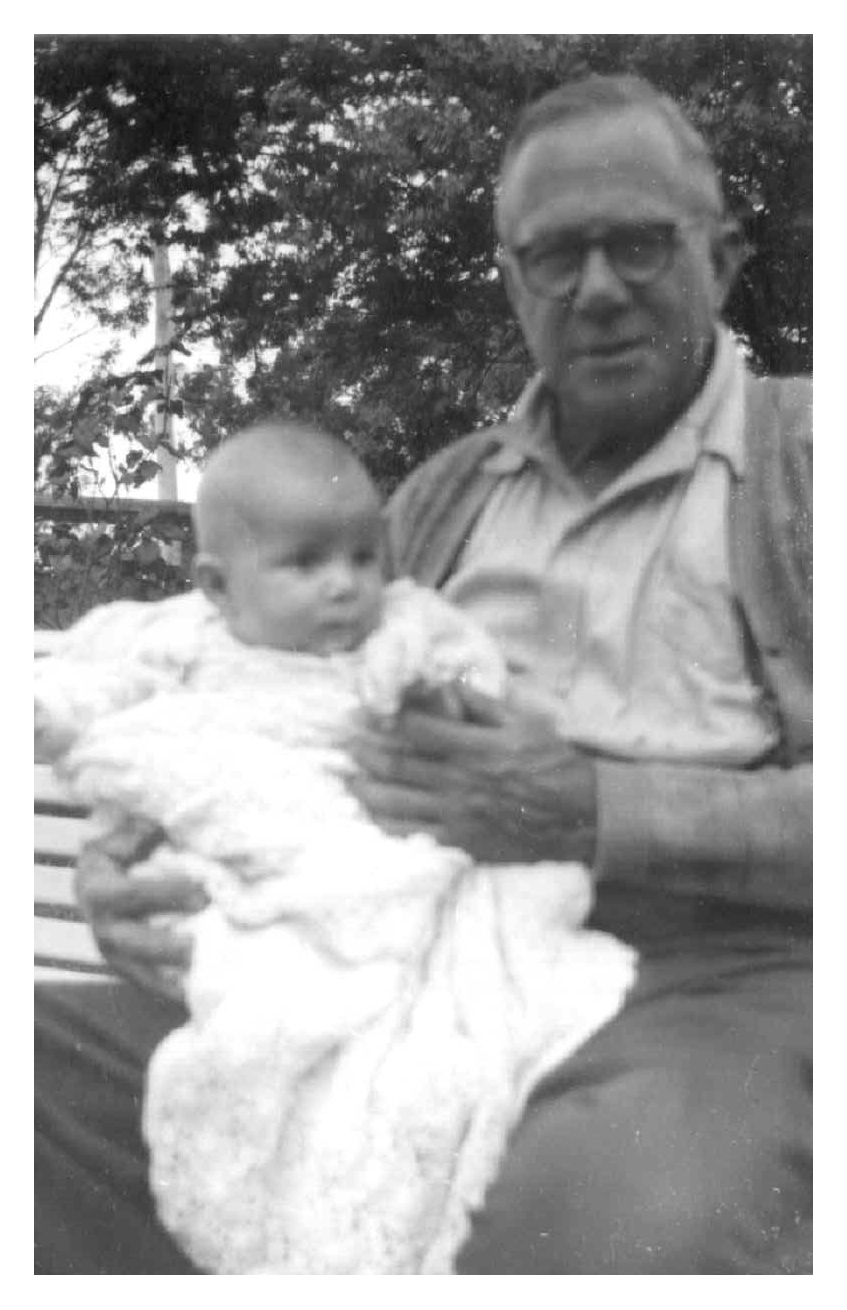
In the early 1950s, milk was still delivered by a small milk tanker that put the milk into billy cans left out for the milk. The iceman delivered blocks of ice for ice chests (pre-refrigerators). Sewerage didn't exist. The Sano man came weekly to take away the cans. The streets were gravel (no tar) with open drains.
I can remember as probably a 5-year-old, sitting on the front veranda in the evenings with Granddad, watching lightning storms come across the Lake. Grandad had a rocking chair on the front veranda and he would sit and cuddle me as we watched the lightning and listened for the thunder. I appreciate this even more now I am a grandfather and can look and feel affection for my grandchildren which he clearly displayed to me.
Granddad would tell anyone who would listen that he had 12 Grandchildren. He seemed to know everyone's birthday and he used to send 10 shillings to every one on their birthday. Ten shillings was significant in the early 1950s, less so as the years went by.
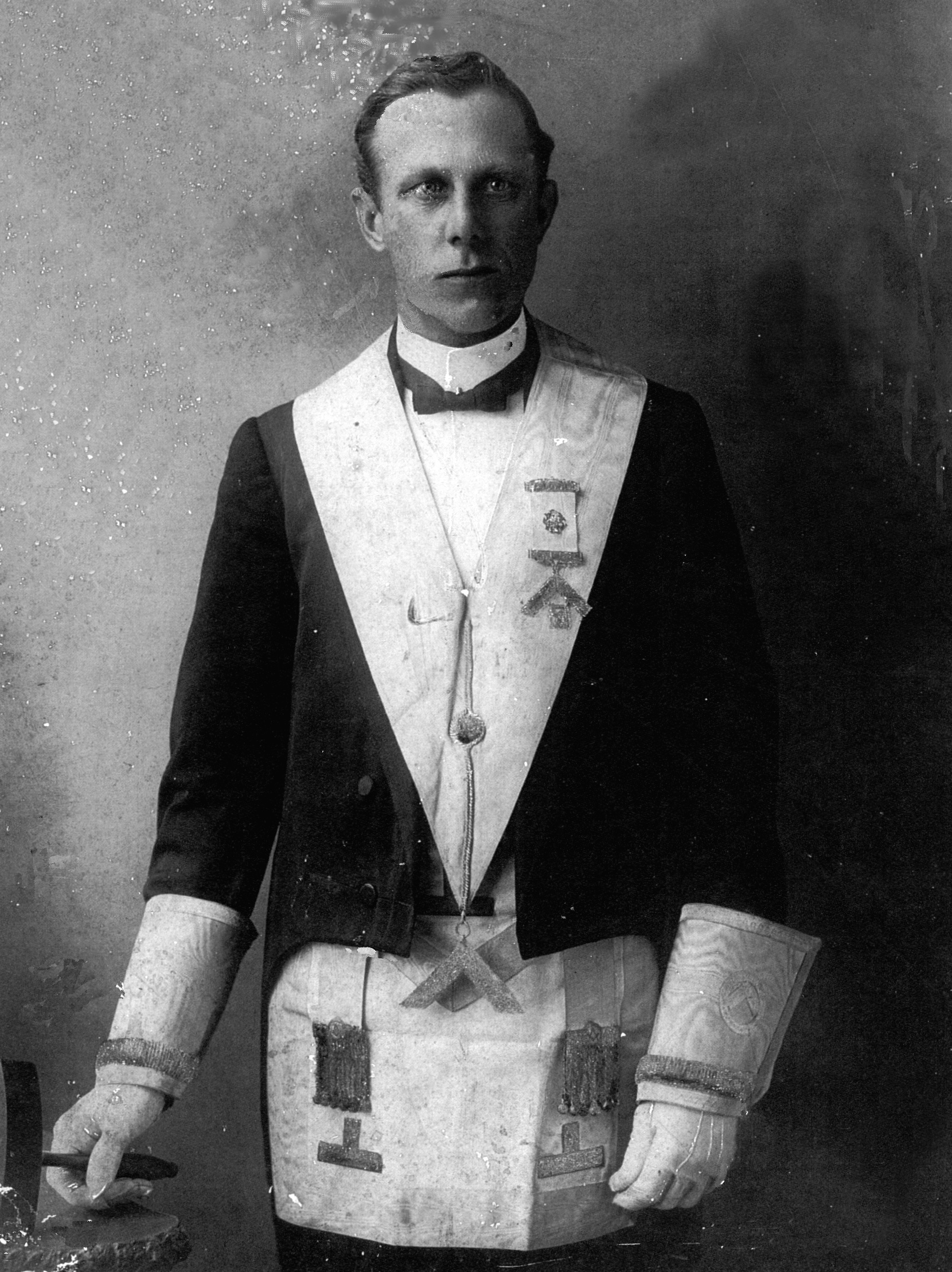 Granddad
was apparently once a Freemason (right). He had a funny apron
in one of his cupboards which I didn't understand. He once went to a
lodge meeting with a neighbour, Jack Bush, and took his funny apron.
Granddad
was apparently once a Freemason (right). He had a funny apron
in one of his cupboards which I didn't understand. He once went to a
lodge meeting with a neighbour, Jack Bush, and took his funny apron. Granddad cooked all our meals. He preferred to use a Primus and a pressure cooker on the back veranda rather than the oven and hot plates in the kitchen, which I think annoyed my Dad. He went to great efforts to cook things I liked but looking back, I was difficult. I can remember him sorting through a stew to remove the things I didn't like. (I think it was carrots at the time).
Granddad was deeply religious, reading the bible daily and saying prayers. He was proud of his status at Maitland Road Baptist church. He was the Senior Elder there and while he attended the newly formed Baptist church at Toronto, he was reluctant to give up his status at Maitland Road Baptist. He eventually did when travelling to town became difficult.
Granddad loved train travel, especially taking the Flyer to Sydney where we would visit his eldest daughter, Aunty Mildred. We used to have booked seats and we would check the luggage in with the porter who would return it at the other end.
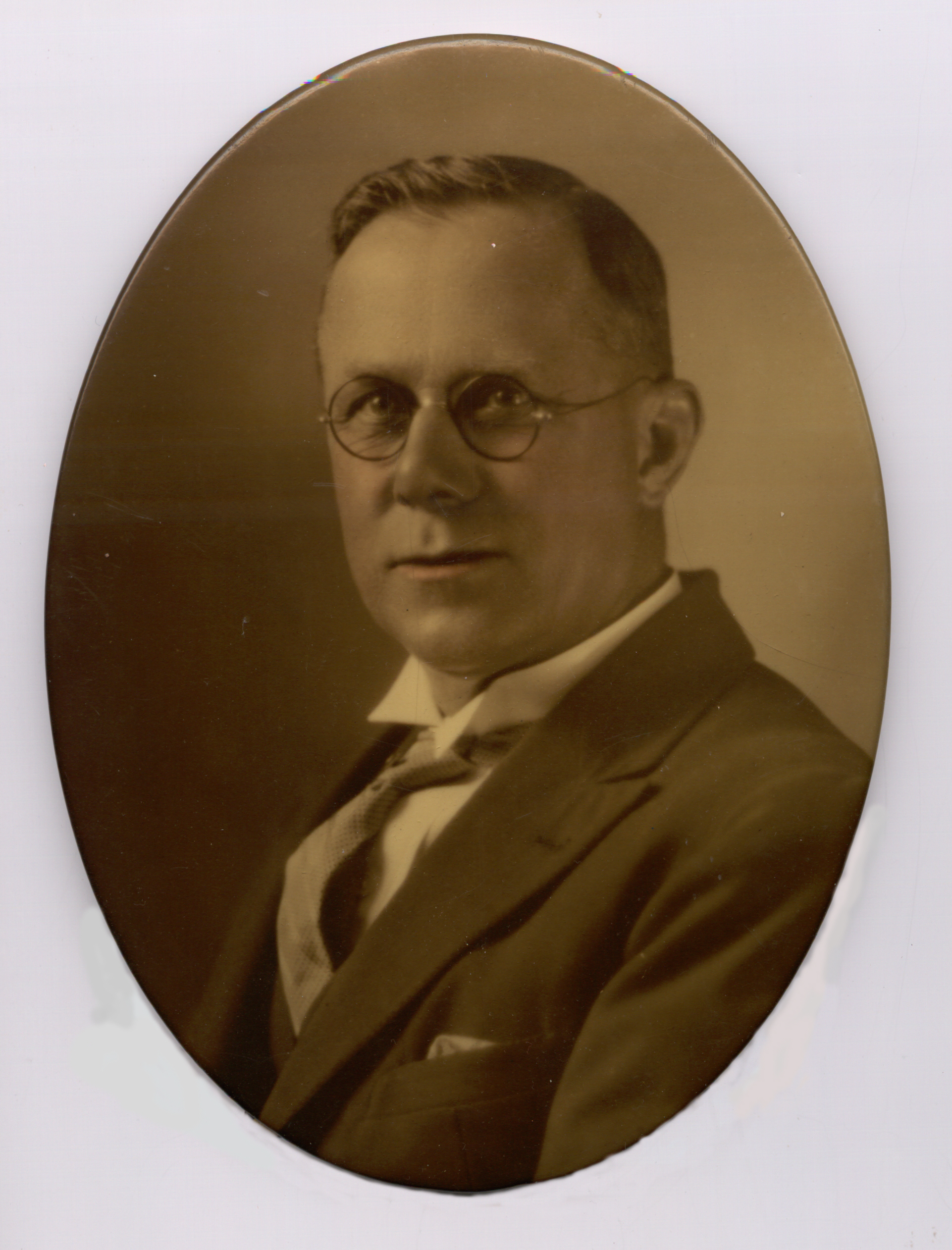 Granddad
could drive a car, no problem, but as he got into his 80s he probably
should not have been driving. He had a few little scrapes but Dad
always dismissed that as "not a problem".
Granddad
could drive a car, no problem, but as he got into his 80s he probably
should not have been driving. He had a few little scrapes but Dad
always dismissed that as "not a problem". Granddad on many occasions tried to give me his treasure/keepsakes (his gold watch, his wedding ring, his binoculars), but I always refused them. He was trying to make the point that he would not be there forever but I always refused. I expected he would live to be over 100. There was nothing wrong with him!!
It was ultimately strokes that got him. He battled quite a few in my memory. Early strokes robbed him of movement of his right arm. He then set out to teach himself to write with his left hand after the first stroke. He did very well considering everything. His left-handed writing after a stroke is better than my current handwriting. Granddad used to exchange letters with Mildred pretty much every week and in later years I used to have to read them to him. Granddad was very much the historian. He could talk at length about tall ships in Newcastle. He knew varieties of ship – schooners, clippers, yawls – and each sail on a specific mast had a name. He knew where the railway used to run and where the various pits and collieries were around Newcastle.
He was proud of the fact that his father (Alfred Boddy, one of Newcastle very early photographers) had gone out on a rescue boat after the ship the Adolphe had run aground on the bar at Newcastle Harbour. His Dad's photographs were key to a later court case about salvage rights and his Dad's pic showed that someone had been the first to attach a rope for salvage purposes. Granddad had a couple of items salvaged from the Adolphe that he was very proud of -a chest of drawers and a deck bench (like a park bench). Granddad always spoke fondly of Lily his wife whom I never knew. He used to torment Aunty May and Aunty Ethel by mispronouncing some words which had been an in-joke between him and Lily. He used to share that with me after his sisters had left. (Picturesque was pronounced picture-skew ). He knew lots of poetry and ditties, none of which I can remember today.
In the late 50s, TV arrived and we spent many hours watching a lot of trashy rubbish (probably because that's what I wanted to watch). We loved World Championship Wrestling!!
Granddad believed Sunday was sacred, in that church should be attended and business was a no-no. I can remember the paper lady trying to collect on a Sunday and Grandad telling her to come back during the week.
Granddad was always so proud of anything I did.
Looking back now, he declined very quickly. As he became less able to look after himself, Dad and I got nursing help to look after him but I clearly remember the day when the nurse told Dad and me that he needed care we weren't able to give him. Granddad went first to Carey Bay Nursing Home and later to Booragul Aged Care.
He died there in 1968 aged 89.
